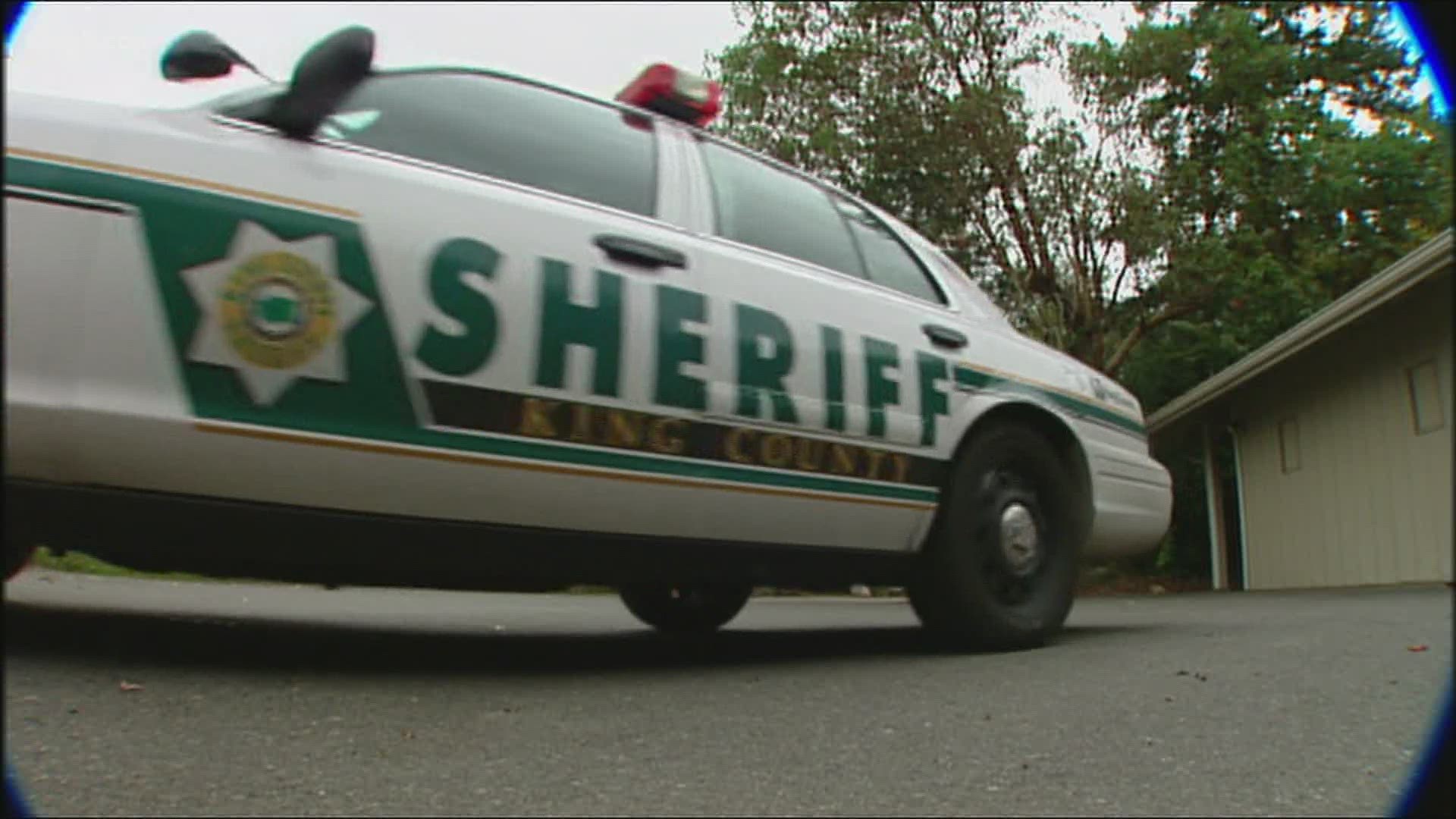KING COUNTY, Wash. — King County Executive Dow Constantine will propose shifting $4.6 million of marijuana excise tax revenue from law enforcement to community-based programs when he submits his 2021-22 proposed budget.
The $4.6 million represents all the money the county receives from retail marijuana sales, according to Constantine's office.
King County Sheriff Mitzi Johanknect is now trying to determine if the reduction in funding would force cuts to service in unincorporated King County, according to the sheriff's office. That $4.6 million equates to about 30 patrol deputies, or an approximate 22% reduction in 911 services in unincorporated areas, according to the sheriff's office.
Of that money, $2.8 million would be devoted to a program to help people "vacate convictions of marijuana-related offenses that are no longer illegal, settle unpaid court fines, fees, and restitution that could lead to incarceration."
Another $1.35 million would be shifted to the Department of Local Services for programs co-created with residents in unincorporated areas, including youth drug prevention programs and employment programs.
The remaining $450,000 would be used to create and support a community-centered advisory board focusing on how to spend marijuana taxes in the future.
Black Lives Matter Seattle-King County said in a statement, "The priorities presented today will begin to address some of the injustices the Black community and other communities of color have experienced for decades."
Separate from the marijuana tax revenue, another $1.9 million would be divested in adult and juvenile detention by reducing the daily adult population to 1,300, down from about 1,900. That will allow the county to close one floor of the King County Correctional Facility.
Proposed investments in the budget will include:
Investing $6.2 million in "Restorative Community Pathways," allowing the prosecuting attorney's office to refer up to 800 juveniles by 2022-23 to receive community-based services, instead of being charged for crimes.
Investing $750,000 to create and implement an alternative to policing in urban unincorporated King County, including hiring health professionals to partner with deputies to divert criminal cases.
Investing $600,000 to respond to regional gun violence.
Investing $2.7 million in a community justice model to divert eligible first-time offenders in low level cases from the judicial system.
Create alternatives to traditional Metro fare enforcement, which currently costs $4.7 million for the services of a private security firm.
The county council has final say over the proposed budget.

